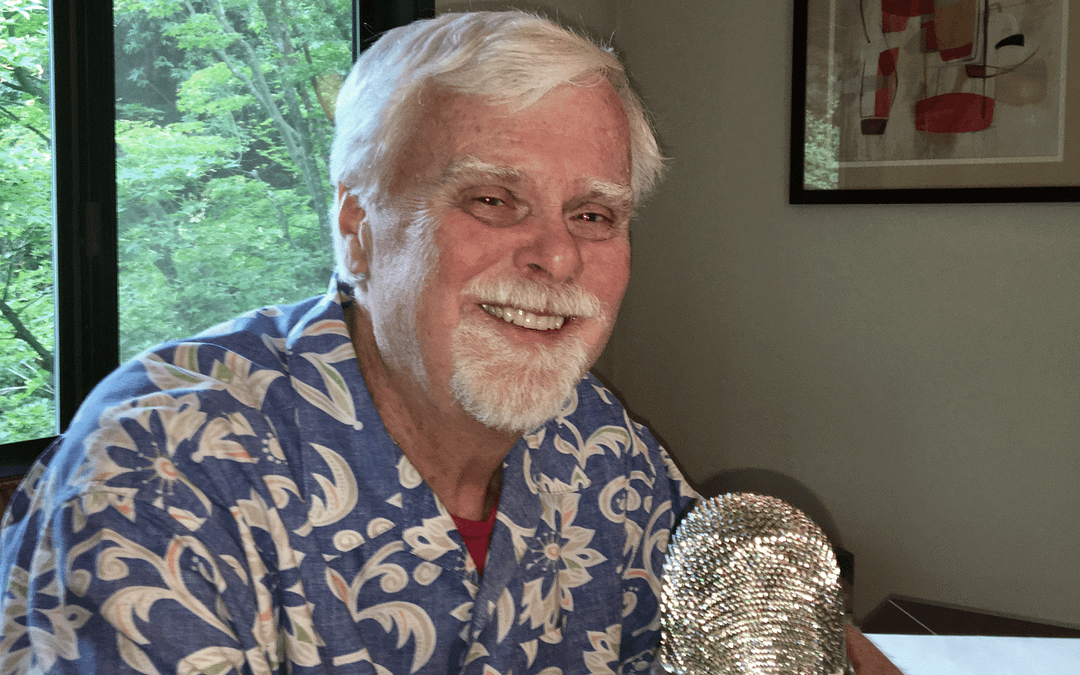In this podcast, David describes the three assumptions of the Interpersonal TEAM Therapy he has developed”
- We cause the very relationship problems we are complaining about, but don’t realize this, so we blame the other person and feel like victims of his or her“badness.” David describes a man who endlessly complained about his wife during therapy sessions–she didn’t like having sex with him, she spend money behind his back, and never bragged about him when they were out to dinner with friends. He had even taken notes for years on all the “bad” things his wife had been doing every day throughout their marriage, but overlooked the many hurtful and self-centered things he was doing to break her heart every single day.
- We do not want to have to look at our own role in any relationship conflict because it is too painful to have to confront our “shadow,” to use a Jungian concept, and because we want to do our dirty work in the dark. So we will deny our role and angrily punish anyone who tries to shed light on our role in the problem. David describes a severely depressed woman who complained that she was the victim of “loneliness in marriage,” a concept she’d just read about in a popular women’s magazine. She explained that her husband would not and could not express his feelings, and felt that he was to blame for their marital problems as well as the severe depression and loneliness she’d been struggling with for 25 years. And yet, in a therapy session when he tried to express his feelings, she exploded angrily and told him to shut the F__ up! When Doctor Burns asked her to reflect on what had happened in the session with her husband, she angrily threatened to fire him if he ever brought up the topic again!
- The first two principles paint a dark picture of human nature. The third principle is more optimistic—namely, that we have far more power to heal a troubled relationship than we realize, and this can often happen quickly, but there’s a stiff price to be paid. First, we have to be willing to stop blaming the other person so we can examine and pinpoint our own role in the conflict. Second, we have to focus all of our energy on changing ourselves, rather than trying to change the other person. This can be extremely liberating and joyful, but it involves the exceedingly painful death of the ego. The Buddhists have called this type of enlightenment “the Great Death.’
In the next podcast, David and Fabrice will show you how to transform your own troubled relationships into loving ones–if that’s what you want to do!
If you are reading this blog on social media, I appreciate it! I would like to invite you to visit my website, https://feelinggood.com, as well. There you will find a wealth of free goodies, including my Feeling Good blogs, my Feeling Good Podcasts with host, Dr. Fabrice Nye, and the Ask Dr. David blogs as well, along with announcements of upcoming workshops, and tons of resources for mental health professionals as well as patients!
Once you link to my blog, you can sign up using the widget at the top of the column to the right of each page. Please forward my blogs to friends as well, especially anyone with an interest in mood problems, psychotherapy, or relationship conflicts.
Thanks! David


